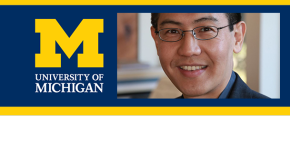Category: Technology
-
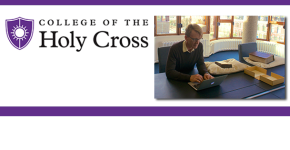
Neel Smith, Holy Cross – Digital Research
Everything is going digital! Neel Smith, professor of classics at College of the Holy Cross, discusses his work studying classical material using modern methods. Neel Smith is an associate professor of classics at the College of the Holy Cross where he teaches a wide range of courses in ancient languages, archaeology and ancient science. For…
-
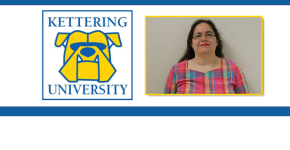
Diane Peters, Kettering University – Self-Driving Cars
Self-driving cars are almost a reality. Diane Peters, a mechanical engineer at Kettering University, is working towards autonomously piloted vehicles. Dr. Diane Peters is an assistant professor of Mechanical Engineering. She has a Ph.D. in Mechanical Engineering from the University of Michigan, with expertise in combined design and control of mechatronic systems. Dr. Peters joined Kettering…
-
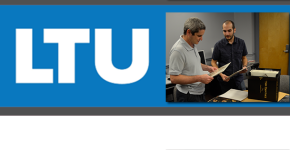
Lior Shamir, Lawrence Technological University – Artificial Creativity
Do you know The Beatles as well as a computer does? Lior Shamir, a professor of computer science at Lawrence Technological University, is working to improve the creative intelligence of computers. Lior Shamir is an associate professor of computer science at Lawrence Technological University in Southfield, Michigan. He received his bachelor’s degree in computer science…
-
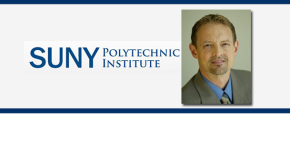
Robert Edgell, SUNY Polytechnic Institute – Creativity and Community
Communities that foster creativity and growth among their top minds will likely flourish. Robert Edgell, a professor of technology management at SUNY Polytechnic Institute, discusses the connection of creativity, innovation, and community. Dr. Robert Edgell is an Assistant Professor of Technology Management at SUNY Polytechnic Institute and a Visiting Professor at the Swiss Business School…
-
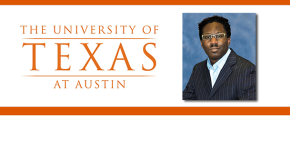
Deji Akinwande, UT Austin – Silicene Transistors and Moore’s Law
Computers are getting smaller faster. Deji Akinwande, an engineer at UT Austin’s Cockrell School of Engineering, discusses Moore’s law and some groundbreaking technology advances. Deji Akinwande is an assistant professor in the Cockrell School of Engineering at The University of Texas at Austin. He received his Ph.D. degree in electrical engineering from Stanford University in…
-
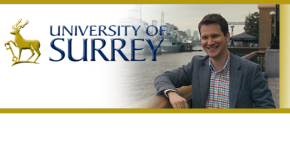
Radu Sporea, University of Surrey – Year 2038 Problem
Remember the hysteria related to Y2K? One of our top engineers, The University of Surrey’s Radu Sporea, profiles a very similar issue we may face in the year 2038. Dr. Radu Sporea is Royal Academy of Engineering Academic Research Fellow in the Advanced Technology Institute at the University of Surrey. His current research focuses on power-efficient, cost-effective large-area electronics…
-
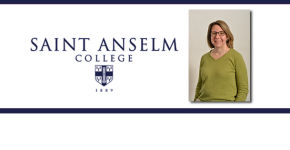
Mary Kate Donais, Saint Anselm College – X-Ray Fluorescence
New tools are helping archaeologists better preserve their findings. Mary Kate Donais, a chemist at Saint Anselm College, is working with x-ray fluorescence technology that is very useful at dig sites. Mary Kate Donais received her B.S. in chemistry from Bucknell University in 1991 and her Ph.D. in analytical chemistry from the University of Massachusetts,…
-
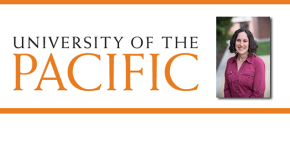
Elizabeth Basha, University of the Pacific – Non-Military Drones
Unmanned aerial vehicles, more commonly referred to as drones, have been in the news a great deal lately – and the news is usually very negative. Elizabeth Basha, engineer at University of the Pacific, is working to show the positive use of drones. Elizabeth Basha began her work with wireless sensor networks while a Ph.D.…
-
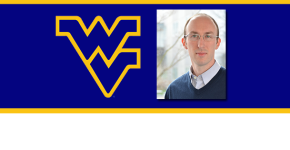
John Christian, West Virginia – Space Rendezvous
As you can likely imagine, space rendezvous is a highly complex process. But, John Christian, aerospace engineer at WVU, is working to improve the computer imaging systems necessary for such a difficult task. Dr. John Christian is an aerospace engineer with expertise in spacecraft navigation and space systems. He is presently an assistant professor in…

